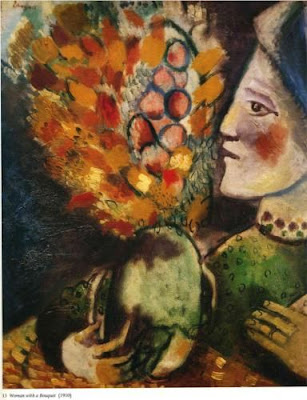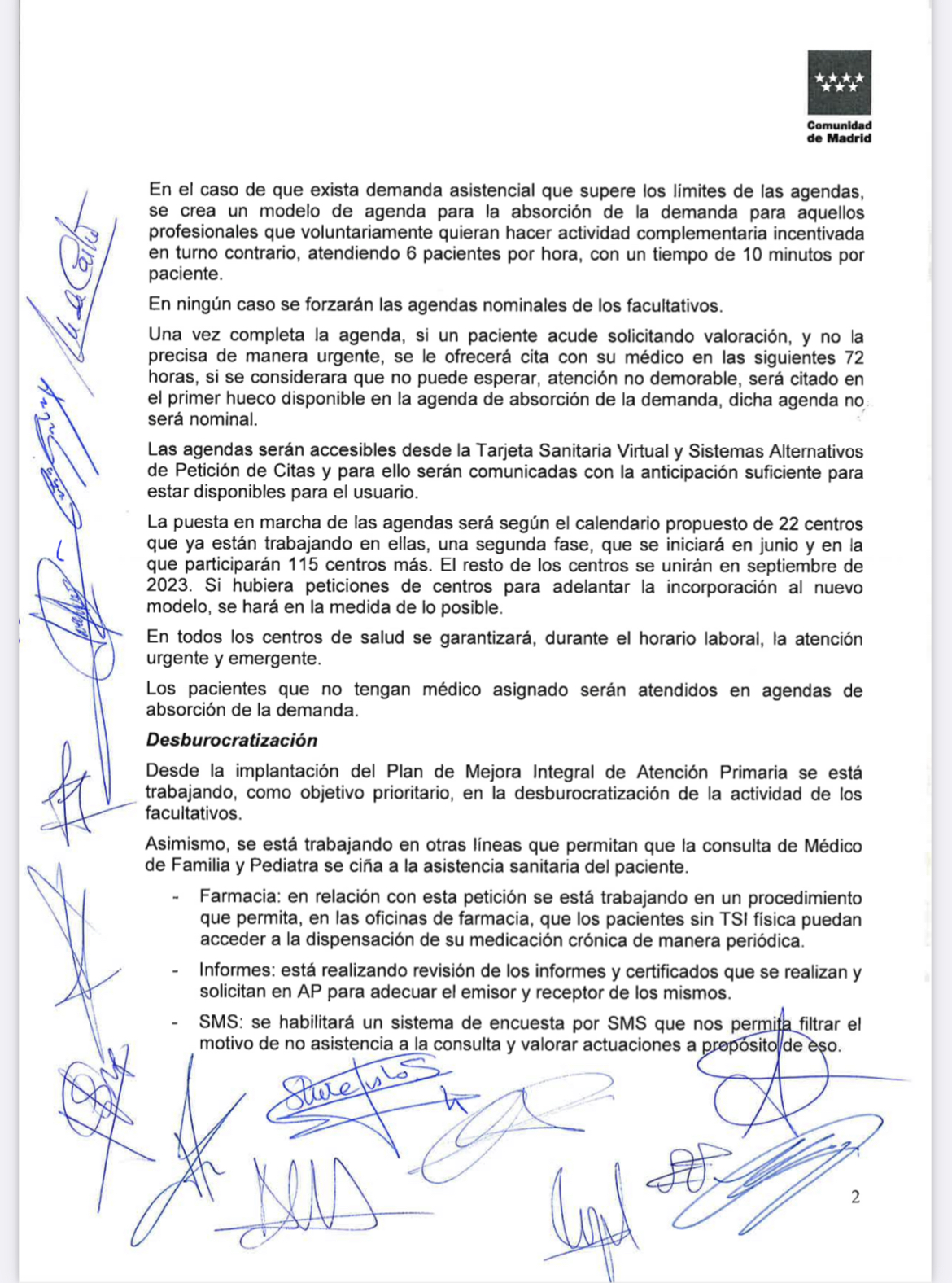Recientemente la dra. Isabel Núñez Lozano y un servidor hemos usado el termino Escatología Sanitaria para ilustrar un nuevo punto de vista sobre la situación en Atención Primaria. Aplicamos la primera acepción del diccionario de la Real Academia que define el concepto como conjunto de creencias que hacen referencia a lo que hay más allá de la muerte. En nuestro ámbito cultural tendríamos cuatro estados: juicio, purgatorio, infierno y gloria.
Al aplicarlo a la Atención Primaria hacemos el experimento mental de asumir su muerte institucional. No es una hipótesis, tan solo es un punto de vista. Tras esta suposición miramos los diferentes centros de salud y efectivamente encontramos muchos en situación de purgatorio, otros con condiciones de trabajo infernales y algunos en estado de gloria, los menos.
Aunque haya voces que defiendan la pertinencia de la Atención Primaria y la Medicina de Familia, nos parece justo reconocer que pese a que ambas son muy valiosas y defendibles, la actual institución tiene un gran número de equipos en situación de desbordamiento y un gran número de pediatras y médicos de familia saturados. Tras la larga huelga de cuatro meses de Madrid de este año, reactiva a la falta de refuerzo tras el colapso pandémico, los datos son demoledores: un millón de madrileños sin pediatra ni médico de familia asignado, huida de médicos jóvenes, jubilaciones del 25% de los médicos de familia en 5 años, abandono del 25% de los pediatras este año y cifras altísima de consumo de psicofármacos/psicoterapia en facultativos de primaria. En nuestra experiencia madrileña creemos verosímil certificar la muerte técnica de la Atención Primaria tal y como se diseñó en su día.
En consecuencia creemos que hay razones para priorizar el refuerzo de los centros de salud en peor situación y el cuidado de los profesionales más sobrecargados. Esto no puede esperar ni depender de la mesa sectorial.
Por otro lado animamos a que se tomen en serio las propuestas de reforma que hay encima de la mesa (Juan Gérvas et al, Ángel Ruíz Tellez...) y otras que se puedan consensuar. Dado que de los acuerdos actuales con la Consejería de Sanidad se puede esperar bastante poco.
Compartimos la presentación que hicimos en un taller práctico presentado en el Congreso de Comunicación de Semfyc en Zaragoza el mes pasado. Próximamente añadiremos un artículo complementario que está en prensa.
http://equipocesca.org/reforma-de-la-atencion-primaria-a-la-europea-y-renacentista-de-nadar-en-una-piscina-a-nadar-en-alta-mar-juan-gervas-mercedes-perez-fernandez-madrid-abril-2023/
Ruíz A. La Sanidad Eludida. 2019 ed Círculo Rojo. https://editorialcirculorojo.com/la-sanidad-eludida/
Ruiz A. A este lado del espejo. 2022 Amazon. https://www.amazon.es/este-lado-del-espejo-Mundo-Visita-ebook/dp/B0BTJT69K5/ref=sr_1_1qid=1681632447&refinements=p_27%3AAngel+Ruiz+++T%C3%A9llez&s=books&sr=1-1
Health Scatology
Recently, Dr. Isabel Núñez Lozano and myself have used the term Health Scatology to illustrate a new point of view on the situation in Primary Care. We apply the first meaning of the dictionary of the Royal Academy which defines the concept as a set of beliefs that refer to what lies beyond death. In our cultural sphere we would have four states: judgement, purgatory, hell and glory.
By applying it to Primary Care we make the mental experiment of assuming its institutional death. It is not a hypothesis, it is just a point of view. Following this assumption, we looked at the different health centres and indeed we found many in purgatory, others with hellish working conditions and some in a state of glory, the fewest.
Although there are voices defending the relevance of Primary Care and Family Medicine, we think it is fair to recognise that although both are very valuable and defensible, the current institution has a large number of teams in a situation of overflow and a large number of paediatricians and family doctors saturated. After the four-month long strike in Madrid this year, reactive to the lack of reinforcements after the pandemic collapse, the data are devastating: one million Madrid citizens without a paediatrician or family doctor assigned, young doctors fleeing, 25% of family doctors retiring in 5 years, 25% of paediatricians leaving this year and extremely high figures for the consumption of psychotropic drugs/psychotherapy in primary care doctors. In our experience in Madrid, we believe it is plausible to certify the technical death of Primary Care as it was designed in its day.
Consequently, we believe that there are reasons to prioritise the reinforcement of the health centres in the worst situation and the care of the most overburdened professionals. This cannot wait or depend on the sectoral roundtable.
On the other hand, we encourage the reform proposals on the table (Juan Gérvas et al, Ángel Ruíz Tellez...) and others that can be agreed upon to be taken seriously. Given that little can be expected from the current agreements with the Regional Ministry of Health.
We share the presentation we gave at a practical workshop presented at the Semfyc Communication Congress in Zaragoza last month. We will soon add a complementary article that is in press.
卫生末世论
机器翻译,请原谅错误。
最近,伊莎贝尔-努涅斯-洛萨诺博士和我本人使用了 "卫生末世学 "一词来说明关于初级保健状况的一个新观点。我们采用了皇家学院词典中的第一种含义,该词典将这一概念定义为一套提及死亡之后的信仰。在我们的文化领域,我们会有四种状态:审判、炼狱、地狱和光荣。
通过将其应用于初级保健,我们做了一个假设其机构死亡的心理实验。这不是一个假设,它只是一个观点。根据这个假设,我们观察了不同的健康中心,确实发现很多处于炼狱中,其他的工作条件是地狱式的,还有一些处于光荣的状态,这是最少的。
虽然有声音为初级保健和家庭医学的相关性辩护,但我们认为应该承认,虽然这两者都非常有价值,可以辩护,但目前的机构有大量的团队处于泛滥的状态,大量的儿科医生和家庭医生已经饱和。在今年马德里长达四个月的罢工后,由于大流行病崩溃后缺乏增援,数据是毁灭性的:一百万马德里市民没有被分配到儿科医生或家庭医生,年轻医生逃离,25%的家庭医生在5年内退休,25%的儿科医生今年离开,初级保健医生的精神药物/心理治疗的消费数字极高。根据我们在马德里的经验,我们认为可以证明初级保健在技术上的死亡,因为它是在当时设计的。
因此,我们认为有理由优先考虑加强情况最差的医疗中心和照顾负担最重的专业人士。这不能等待或依赖部门圆桌会议。
另一方面,我们鼓励认真对待桌面上的改革建议(Juan Gérvas等人,Ángel Ruíz Tellez......)和其他可以达成一致的建议。鉴于目前与地区卫生部达成的协议几乎不能指望。
我们分享我们在上个月在萨拉戈萨Semfyc交流大会上提出的实践研讨会上的发言。我们将很快补充一篇正在印刷的补充文章。


.jpg)
.jpg)











.jpg)

.jpg)
.jpg)
.jpg)
.jpg)







